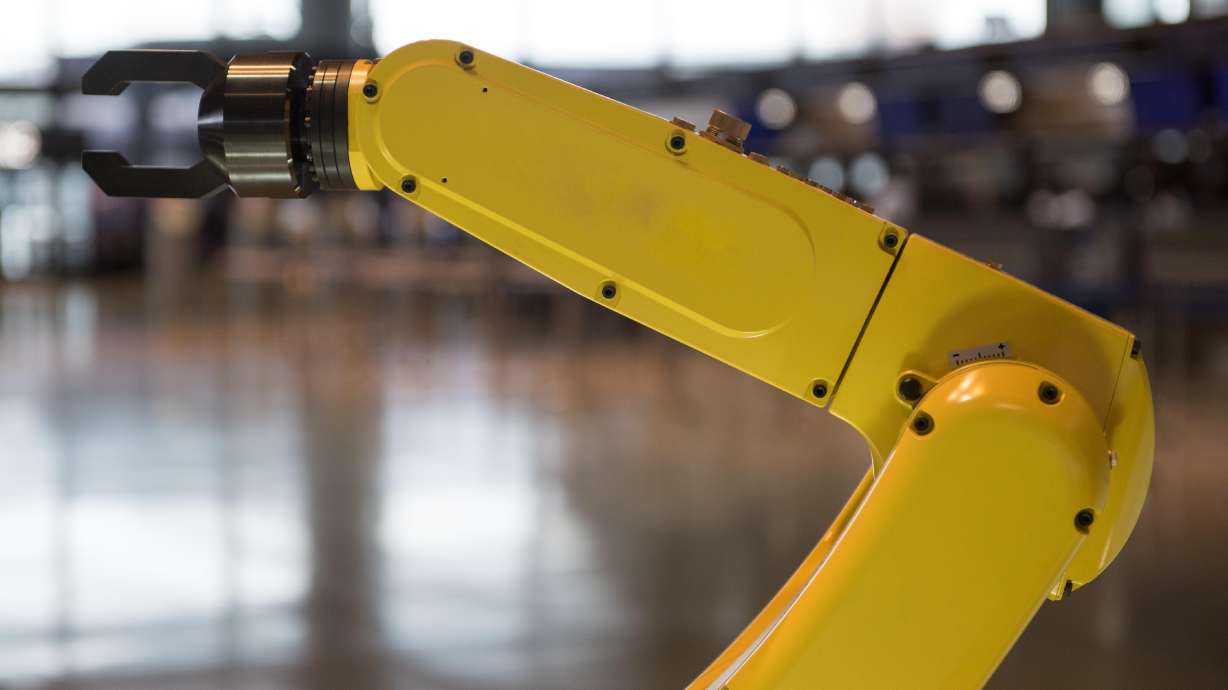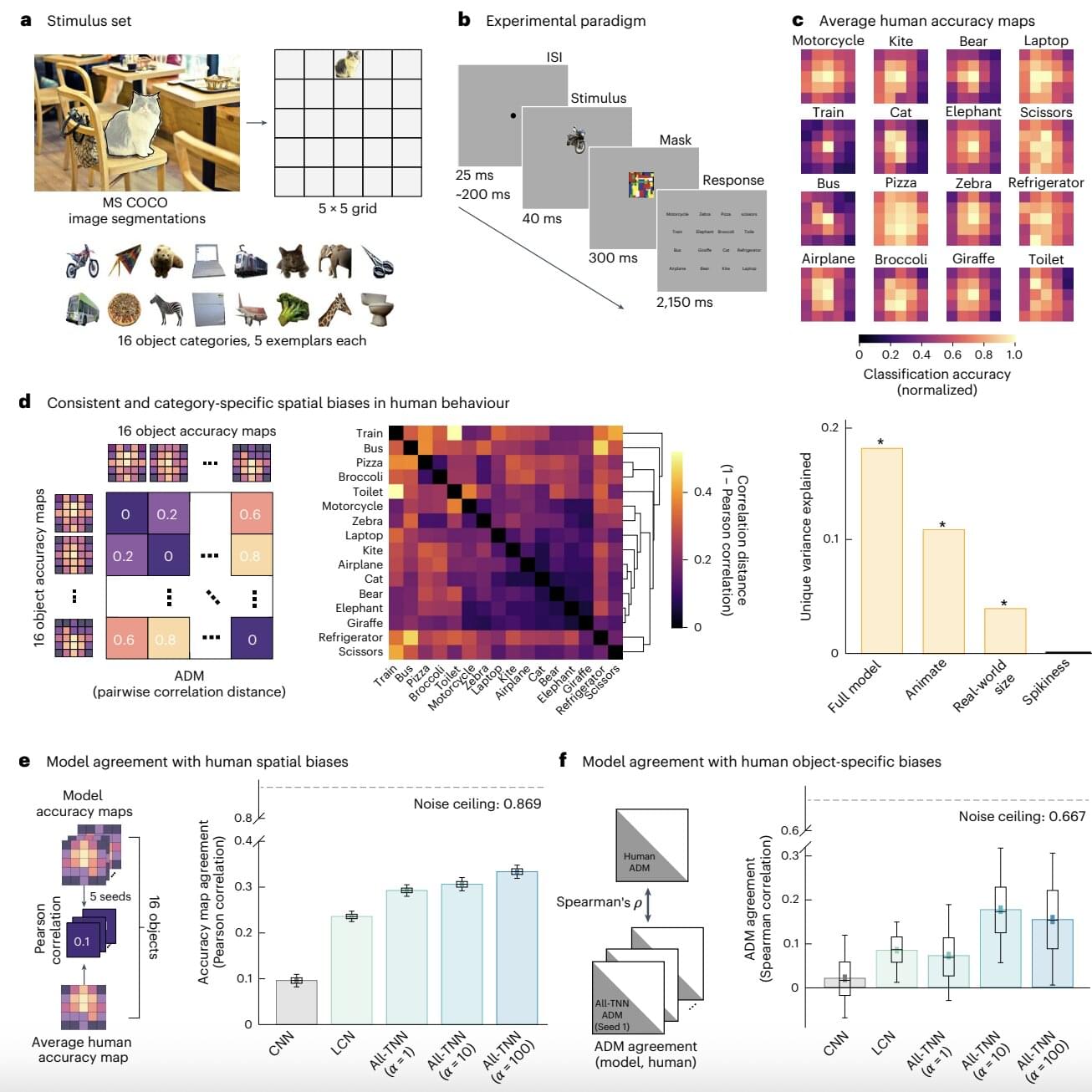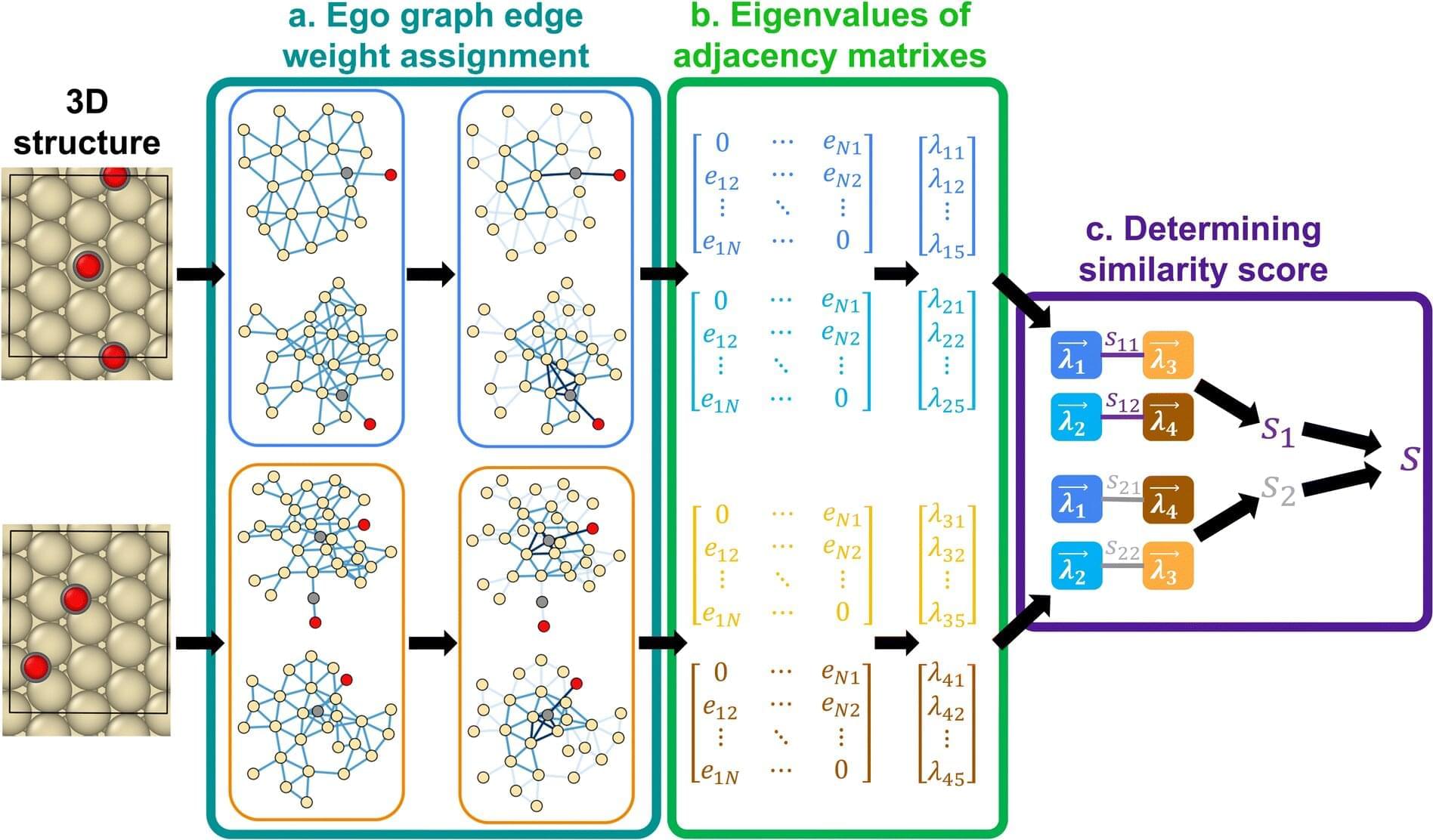TOQUERVILLE, Washington County — The Hurricane-based robotics company IME Automation recently announced the purchase of 6.5 acres of land at Anderson Junction in Toquerville, where the company has broken ground for its new 20,000-square-foot facility.
IME Automation develops custom robotic systems for manufacturing operations worldwide. This new facility will expand its capabilities and footprint in the region.
The land was acquired approximately eight months ago during the summer of 2024, brokered by sales agent Brandon Price with the commercial real estate agency NAI Excel. Price said he delayed putting out information about the acquisition until IME Automation was completely ready to break ground.







